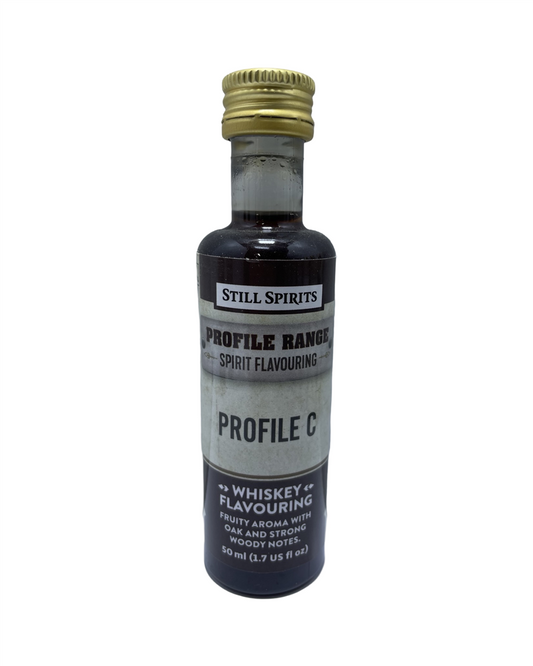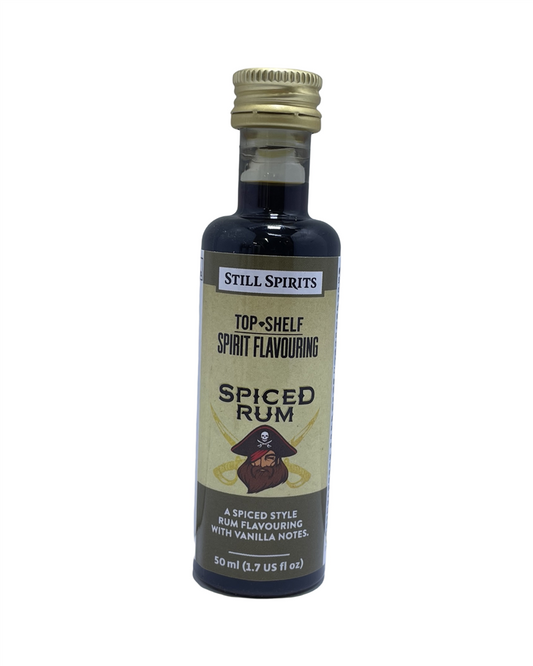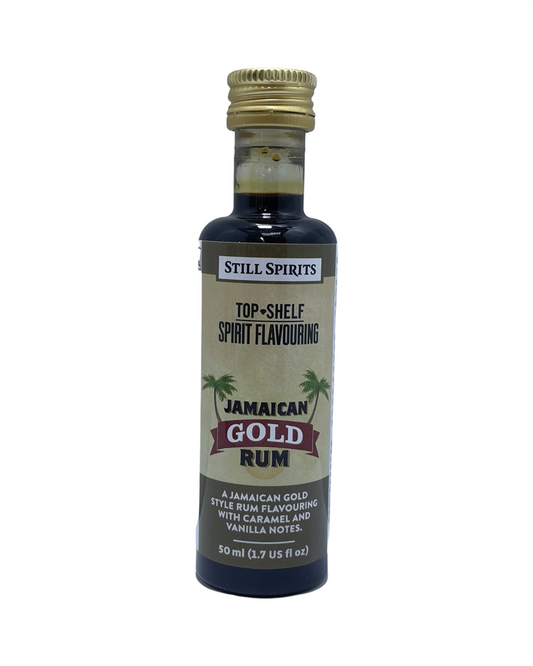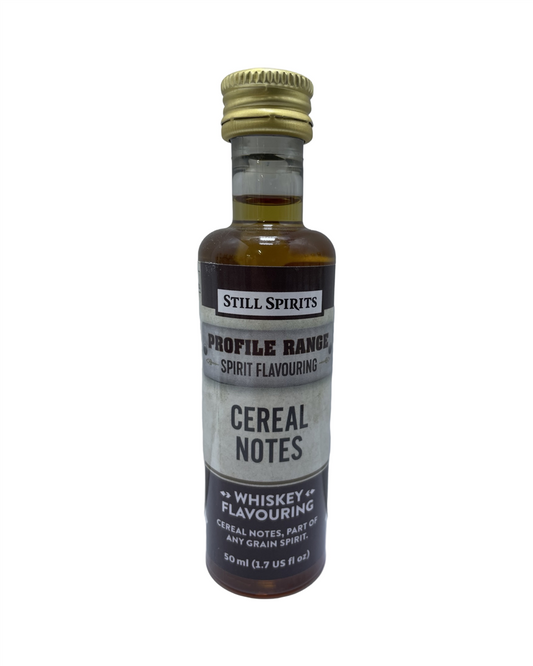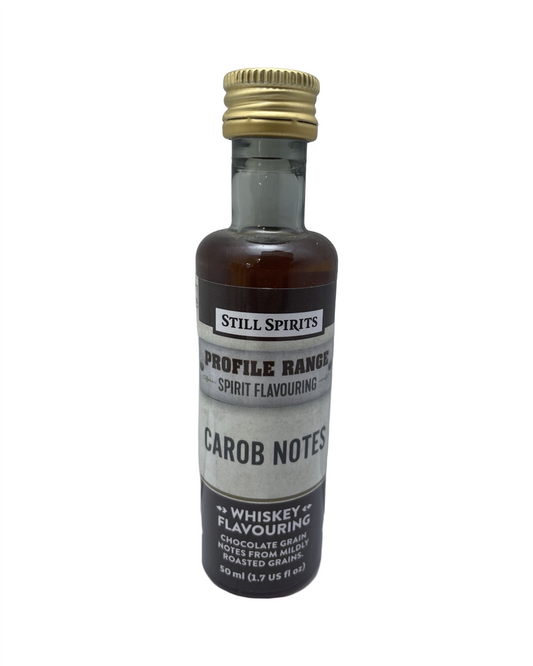Coopers says beer is better—your gut might agree, but here’s the twist you missed
Share
The Truth About Beer vs. Wine (And What It Means for Your Next Pour)
Which one’s better for your body—and does it really matter if you brew it yourself?
Beer has carbs, wine has sugar, and both come with health claims that’ll make your head spin faster than a warm pint… but what’s the real story when it comes to sipping smarter?
The Buzz Behind the Bottle
Let’s kick off with the surprise few are talking about: when stacked side by side, beer and wine aren't as different nutritionally as some would have you believe. It’s more about how much, how often, and what’s in your glass.
“A standard glass of red has about 125 calories, but so does a light homebrewed ale. The real secret lies in the batch.” – Candeece, Homebrew Expert
And that’s where homebrewers have a leg up—full control over ingredients, sugar levels, and even alcohol content. That bottle of wine from the bottle-o? You can’t tweak that. But with a Coopers Canadian Blonde kit in hand, you’re in charge.

This pale straw-coloured beer packs clean malt flavour with a crisp hop bitterness that feels light on the palate—making it a smarter, lower-alcohol option for social sips.
Let’s Break It Down
- Calories: A pint of beer has more volume, but often the same calories as a glass of wine.
- Sugar: Wine (especially white) often hides residual sugars. With beer, you know what you’re putting in.
- Heart Health: Both offer some benefits—wine gets praised for resveratrol, while moderate beer drinking has been tied to improved HDL cholesterol.
- Bloat Factor: Wine wins here, but choosing a lighter, well-fermented beer (like a Coopers Blonde) can ease things along.
One fascinating study out of Spain found that moderate beer drinkers had similar cardiovascular markers to wine drinkers… as long as they kept it to a glass or two a day and ate well. That second part? Often left out of the headlines.
It’s Not Just What You Drink—It’s How You Make It
One of the overlooked health advantages of homebrewing? No preservatives, no mystery ingredients, and total control. That means:
- No artificial colours
- Adjustable alcohol content
- Option to use healthier yeast strains or cut down on sugars
With a few tweaks, your weekend project in the shed could be tasting cleaner and refreshing better than any $20 Shiraz on the shelf.
Is Wine the “Healthier” Option?
Not always. While red wine has antioxidants, beer (especially unfiltered craft styles) also contains phenols and B vitamins from the grain. And here's the kicker—those goodies survive better in homebrewed pints than mass-produced bottles.
It's also worth noting that alcohol is alcohol—it doesn't matter if it’s from grapes, grain, or your Nan’s backyard lemoncello. Overdoing it tips any health chart sideways. Moderation is still boss.
What About Non-Alcoholic Options?
Both beer and wine now come in non-alcoholic versions that claim to keep all the taste without the after-effects. But the edge? Homebrewers can create low or no-alcohol beer without the processing shortcuts commercial brands use.
Try using less sugar in your next batch, fermenting longer, or experimenting with yeast strains designed to limit alcohol without sacrificing taste.
So… Beer or Wine?
If you’re brewing it yourself, beer wins on personalisation, community, and health transparency. Every batch is a chance to refine your flavour and your gut health. You’re not just drinking—you’re building something better.
“Most folks who start brewing do it for fun—but staying off the preservatives and stuffing fewer mystery additives into your body? That’s a bonus you didn’t order.” – Candeece
Practical Pointers Before You Brew Next
- Use fresh ingredients—old malt and expired yeast compromise flavour and digestion
- Keep things clean. Good sanitisation = happy gut and zero dodgy aftertastes
- Experiment with lighter, lower-alc styles—Canadian Blonde or an Aussie Sparkling Ale
And if you’re not sure what’s best for your shed setup or your next brew day, drop into the shop. We’ve got all the kits, fresh hops, flavourings and expert advice—plus a couple of true tales from beers gone sideways for good measure.
The Mic Drop
The debate isn’t beer vs. wine—it’s factory-made vs. handcrafted. When you brew it yourself, you’re not just making better beer. You’re making smarter choices, one bottle at a time.
Here’s to clean pours, clear heads, and a feel-good finish you can be proud of. Cheers!
- Candeece

Stay Connected
Join our homebrewing community: Beer and Barrel Society on Facebook
Follow our Facebook Page: Strathalbyn H Hardware on Facebook

